Editorial:
by Rouben Azizian, Ph.D., and Lt. Nicholas Matcheck U.S. Navy
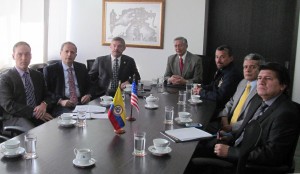
The Security Sector Development team from the Asia-Pacific Center for Security Studies discusses the Colombian Peace Process and Asia-Pacific issues at the Military University of Nueva Granada in Bogotá, Colombia.
T he security sector development in the Asia-Pacific could draw lessons from the valuable experience and accomplishments of Colombia, a Pacific Latin American nation, which has been struggling for decades to end a devastating civil conflict. The conflict has features familiar to several Asia-Pacific nations that are trying to end internal insurgencies and associated with it drug trafficking, while at the same time launching or enhancing their democratic transitions.
Very soon, Colombians will be voting for their next president. The outcome of the May 25, 2014 presidential elections will be shaped to a large degree by voters’ perspectives on the peace talks between the Government and the Revolutionary Armed Forces of Colombia (FARC) – Colombia’s largest guerrilla group and one of the world’s richest rebel movements, due in large part to drug trafficking and illegal mining. The talks have been taking place since 2012.
Although the talks in Havana, Cuba are being carried out behind closed doors, some commentators expect progress on the topic of drugs – one of six main agenda items – to be announced shortly as a pre-election boost for the president.
The drug problem has been at the heart of the conflict and its ramifications have impacted on many fronts, including extreme levels of violence, land concentration, and forced displacement. Colombia’s guerilla war has caused more than 250,000 deaths and the displacement of more than five million people. The rebels, who a decade ago controlled nearly a third of Colombian territory, now mostly operate in remote rural areas using hit-and-run attacks. Several FARC commanders have been killed or captured in the last few years. There are now some 8,000 fighters, down from 16,000 in 2001. But the rebels are by no means defeated and have demonstrated great capacity to adapt. In November 2013, after reaching agreements on two of the agenda items (agrarian reform and political participation rights for a demobilized guerrilla) the Colombian government and the FARC started addressing the issue of illicit drugs. The six agenda issues include land reform, the political participation, disarmament of the rebels, drug trafficking, the rights of the victims, and the implementation of the peace deal.
To address the issue of drugs, the parties have identified three points:
1. Substitution programs for illicit crops. Integrated development plans with community participation in the design, implementation, and evaluation of substitution and environmental rehabilitation programs in the areas affected by these crops.
2. Drug use prevention and public health programs.
3. A solution to the phenomenon of narcotics production and sale.
The 20th round of peace talks ended in February 2014 with some agreements on drug-trafficking. According to a joint statement, the negotiating parties have agreed that plans to replace illegal crops of coca plants, marijuana, and poppies should be part of the integral land reform of Colombia. The local commentators, however, point out that while the parties have prepared the ground, they have not as yet established a solid foundation for realistic policy change. The other impediment is that the coca farmers in the country worry they will be pushed into growing coffee, rubber, or cacao, which they say require additional workers, costly fertilizers, and generate less income.
The final agreement on drug-trafficking as well as the peace talks overall may be affected by strong objections from Colombia’s political opposition. The critics accuse President Juan Manuel Santos of making too many concessions to the FARC. “The guerrillas are still attacking. They continue to be narco-terrorists. Nothing has changed since the peace talks started,” claims Óscar Iván Zuluaga, a presidential candidate for the new rightwing party Democratic Centre, which was founded by former president Álvaro Uribe –another staunch critic of the peace process.
Though there have been significant advances in the negotiations, it is far from guaranteed that the government and the FARC will reach a peace deal. Polls show that Colombians overwhelmingly want a peace deal, but that a majority of people are also against giving pardons to FARC commanders or letting them participate in elections. Analysts believe Mr. Uribe and his movement is harnessing that discontent to attack the peace process.
The text of the “rural development” and “political participation” agreements is secret for now. Under the principle of “nothing is agreed until everything is agreed,” the negotiators may still revise them before they sign a final accord.
The Colombian Congress passed legislation last August requiring any peace agreement that comes out of the talks to be put to a national referendum. But the FARC has opposed that approach. Instead, it insists that a constitutional assembly be convened to amend the constitution to reflect the peace accords.
The Colombian Government made it clear from the beginning that military operations against the FARC will continue until a final deal has been reached. This is one of the main differences with previous peace processes, which many believe were used by the rebels mainly to regroup and strengthen. As a result, sporadic fighting is still taking place and the rebel fighters have yet to surrender their weapons. The latest round of talks was delayed after several controversial incidents, which threatened to undermine the peace process. The dismissal of Bogota’s mayor and former guerrilla member Gustavo Petro and accusations that the FARC is responsible for the tortured bodies of two policemen have both heightened tensions at the tables in Havana.
Just five days before Colombia’s presidential elections, President Santos is expected to appear before the country’s Constitutional Court to explain how the country’s oldest living guerrilla group will be incorporated into civilian politics in the event of an eventual peace deal. But even if Colombia’s democratic politics presents challenges to the peace process it has no alternative as only a nation-wide consensus can guarantee a sustainable solution to the protracted conflict.
The views expressed in these articles are those of the authors and do not reflect the official policy or position of APCSS, the U.S. Pacific Command, the U.S. Department of Defense, or the U.S. government. April 2014
-End-


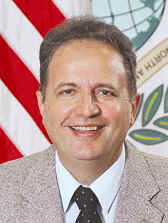
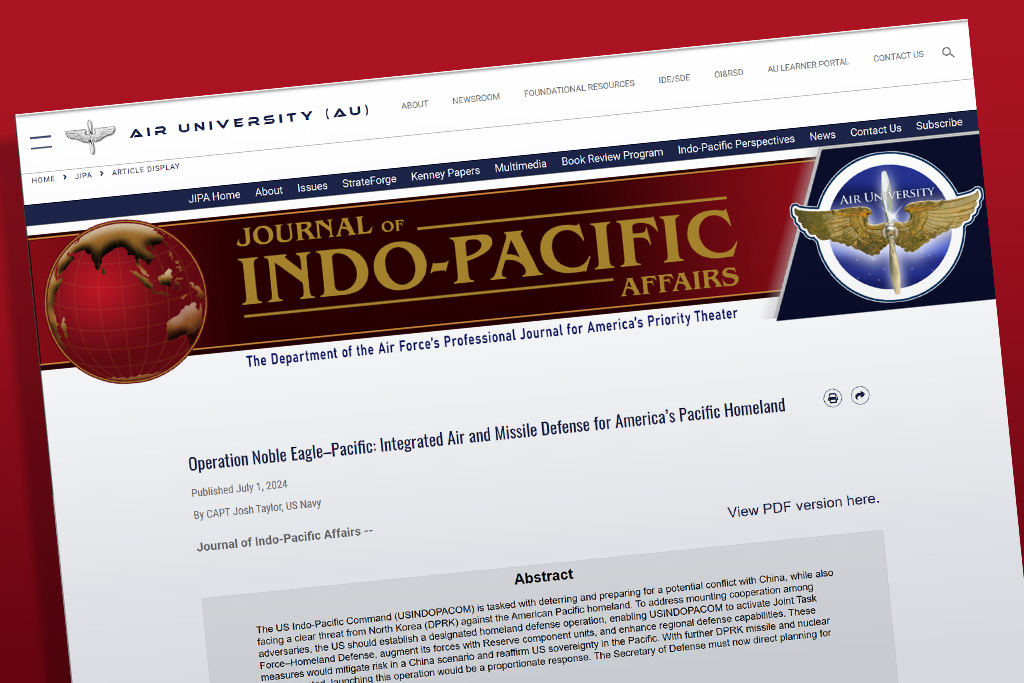
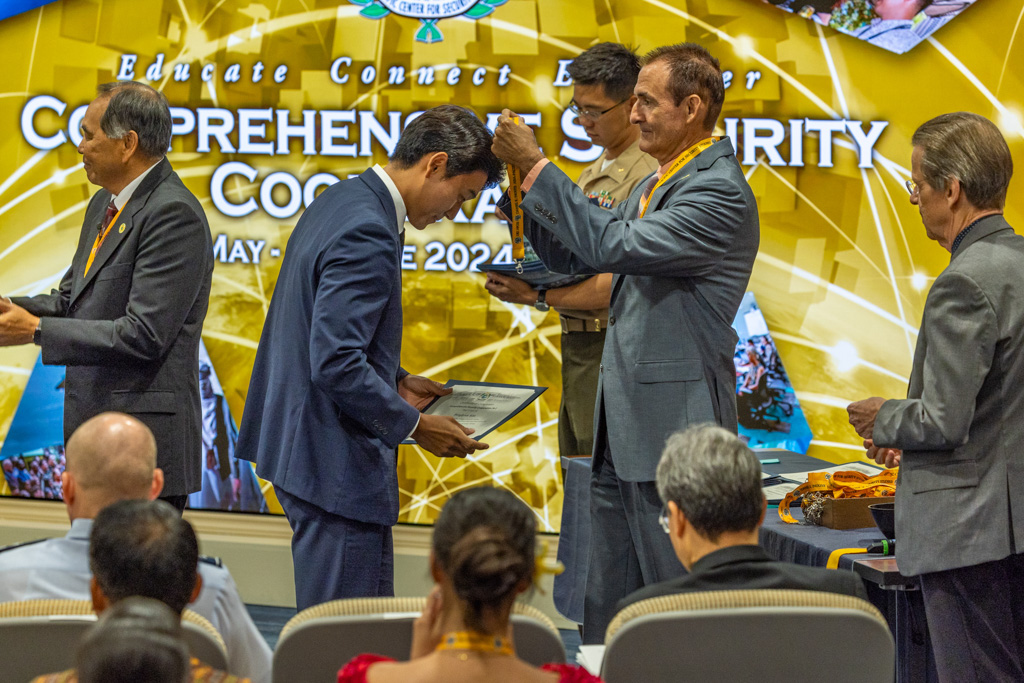
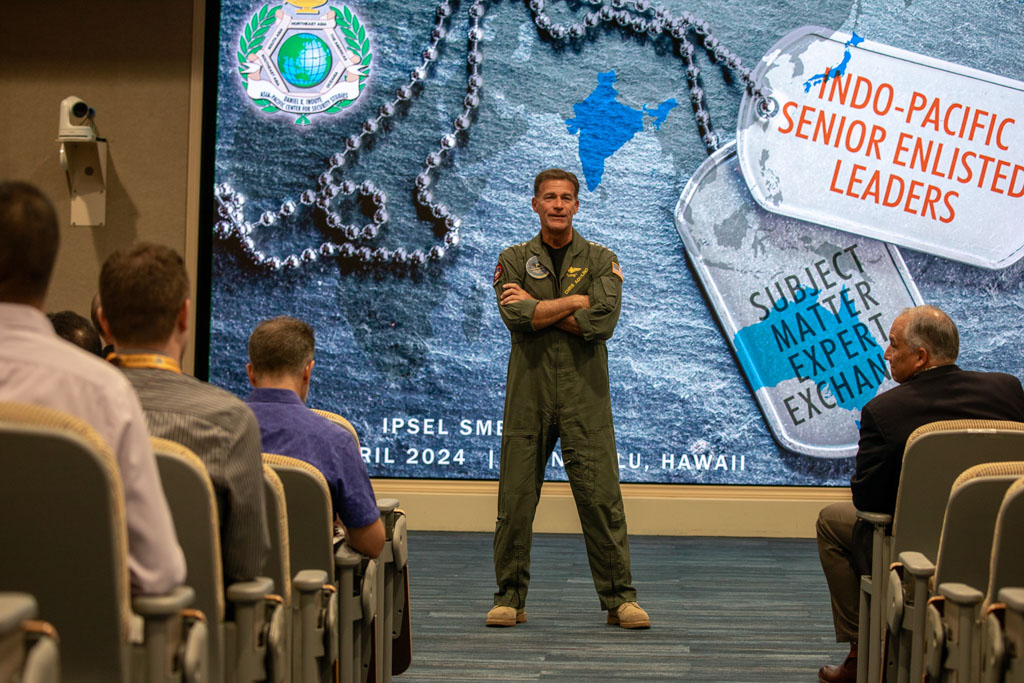




Leave A Comment